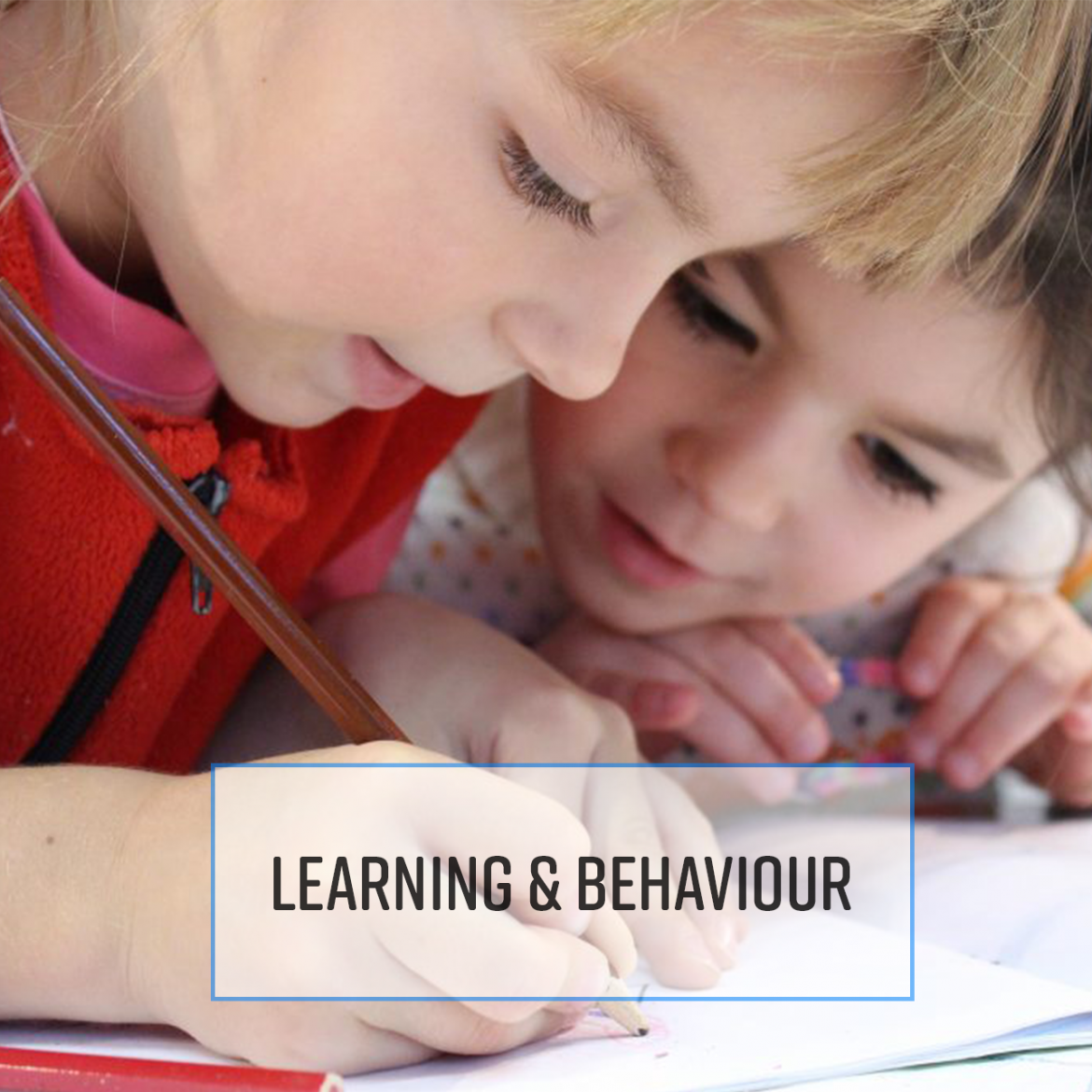How Kinesiology Can Support Your Child’s Learning & Behaviour
Children with challenges in their learning and behaviour often experience difficulties that go beyond academics—they affect self-confidence, emotional well-being, relationships, and daily life. With the right support, children can understand their unique strengths, overcome obstacles, and navigate the world with greater ease.
Understanding Learning Challenges
Learning difficulties occur when the brain struggles to process, retain, or express information effectively. These challenges can be genetic, neurobiological, or developmental and may manifest as:
✔️ Difficulty with reading, writing, or math
✔️ Poor concentration, focus, and memory
✔️ Low self-esteem and confidence issues
✔️ Emotional regulation challenges (frustration, anxiety, outbursts)
✔️ Struggles with time management, organization, and following instructions
Some of the most common learning challenges include:
- Dyslexia – Difficulty with reading, spelling, and language processing
- Dyscalculia – Struggles with understanding numbers and mathematical concepts
- Dysgraphia – Poor handwriting, fine motor difficulties, and trouble with written expression
- ADHD/ADD – Challenges with focus, impulsivity, and behavioral control
- Executive Functioning Issues – Trouble with planning, organization, and managing tasks
- Sensory Processing Disorder – Difficulty interpreting and responding to sensory input
- Auditory Processing Disorder – Struggles with distinguishing sounds and following verbal instructions
- Developmental Coordination Disorder – Motor skill difficulties affecting movement and speech
Factors That Impact a Child’s Learning & Behaviour
Many factors can interfere with a child’s ability to learn, focus, and regulate emotions. These include:
🧠 Brain Integration & Nervous System Imbalances – Poor coordination between brain hemispheres can affect learning, memory, and motor skills.
🍎 Nutritional Deficiencies – A lack of essential vitamins and minerals like Omega-3s, B vitamins, zinc, and iron can contribute to brain fog, restlessness, and low energy.
🚫 Food Sensitivities & Gut Health – Intolerances to dairy, gluten, or additives can impact behavior, mood, and cognitive function.
🧪 Toxic Overload – Exposure to environmental toxins and chemicals can disrupt brain function and energy levels.
💔 Emotional Stress & Anxiety – Past trauma, bullying, or self-doubt can create emotional blockages that make learning feel overwhelming.
🌀 Structural Misalignment – Poor posture, spinal misalignments, or retained primitive reflexes may interfere with the nervous system and motor development.
How Kinesiology Can Help Your Child Thrive
Kinesiology takes a holistic approach to learning and behavioral challenges, recognizing that the mind, body, and emotions are deeply connected. Through gentle muscle testing, I can identify and address factors that may be impacting your child’s struggles, helping to restore balance and improve overall well-being.
Kinesiology Techniques to Support Learning & Behaviour
✅ Brain Integration Techniques – Improve communication between the left and right hemispheres for better reading, writing, and focus.
✅ Stress & Emotional Release – Help clear anxiety, frustration, and confidence blocks that may be holding your child back.
✅ Memory & Focus Enhancement – Strengthen cognitive processing and recall using movement-based exercises.
✅ Sensory & Nervous System Balancing – Support children who are overstimulated or under-responsive to their environment.
✅ Energy Balancing & Meridian Therapy – Align the body’s natural energy flow to support emotional and physical well-being.
✅ Nutritional & Lifestyle Guidance – Identify any dietary factors that could be affecting mood, energy, and concentration.
By addressing these areas, Kinesiology can reduce stress, enhance focus, improve emotional regulation, and support long-term learning success.
My Approach: Empowering Your Child’s Unique Potential
Every child has unique strengths and learns in their own way. Instead of focusing on “fixing” a problem, I guide children to understand and embrace their abilities. My approach is to:
🌿 Identify what their body and brain need to function at their best
🌿 Shift the focus from struggles to possibilities
🌿 Help them feel more confident, capable, and empowered
Through gentle, non-invasive kinesiology techniques, I create a safe and supportive space for children to explore, grow, and develop the tools they need to thrive.
Unlock Your Child’s Potential with Kinesiology
If your child is struggling with learning, behaviour, focus issues, emotional regulation, or anxiety, Kinesiology offers a natural and effective way to support their growth and development.
✨ Book a session today and take the first step toward helping your child learn with confidence and joy!


